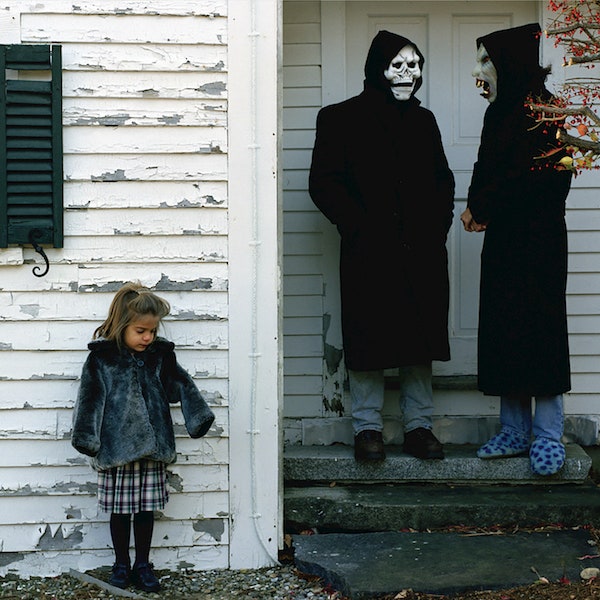
Suffering from a variety of obsessive-compulsive disorder that goes by the clinical name “scrupulosity,” I spent ages twelve through fourteen in a state of religious paranoia, trying to avoid divine punishment by nervously carried out rituals—repeated prayers, meticulous consultation of holy texts. Engaged in the never-ending work of forestalling or correcting sinfulness and impurity, I missed the pop-punk phase endemic to the early-aughts teenage experience. I had little use for songs about girls, and even less for songs about emotions. I expended a great deal of energy avoiding both.
You have reached your article limit
Sign up for a digital subscription and continue reading all new issues, plus our entire archives, for just $1.50/month.
Already a subscriber? Sign in




